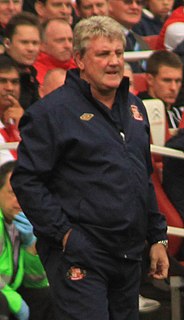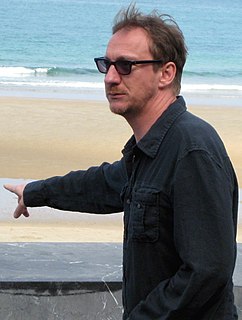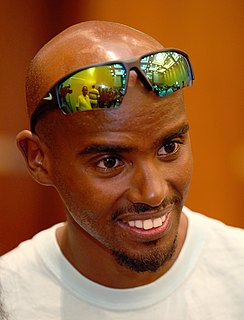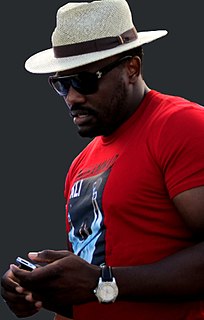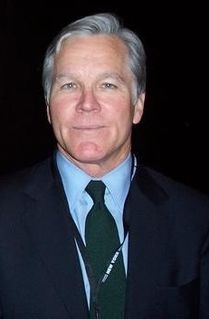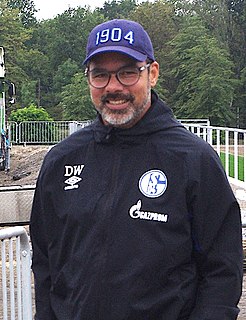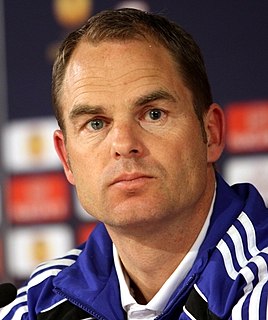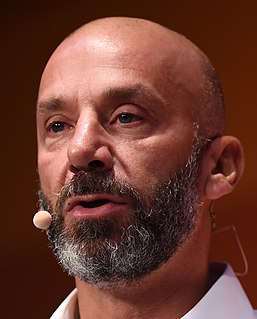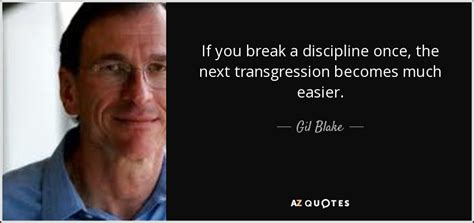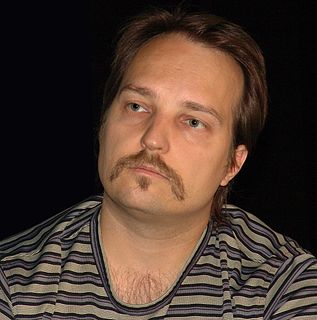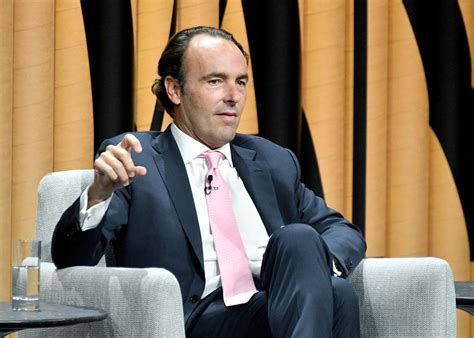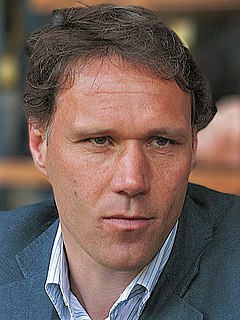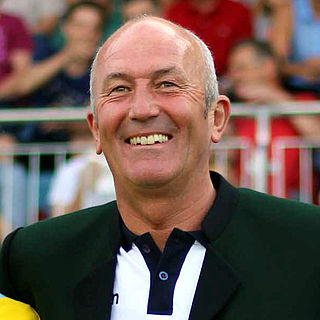A Quote by Steve Bruce
My dad worked all his life, an engineer, 30 years, week in, week out at the same machine. That is mind-boggling to me. I do not know how the hell he did it.
Related Quotes
Starting in middle school, I would play on two or three baseball teams at the same time, because that's just how things worked in south Florida. I would practice six or seven days each week. I honestly don't know how my parents did it, but my dad always found a way to make it to each and every game.
Dad has worked as a banker at the same firm in Boston, living in the same suburban neighborhood for over 50 years. Later in life, when I got out of graduate school and imagined myself living the life of a writer like Hemingway or Kerouac, his practical self inevitably encouraged me to get a steady a job and raise a family, just like he did.
'Grease' was my Broadway debut. That was eye-opening. At the same time, it was very familiar. It was a Broadway show, but it's kind of the same as doing a show in Minnesota. It's the same type of rehearsal process. You are doing 8 shows a week, but I worked at a theatre in Minnesota that did 11 shows a week.
I remember, and I will never forget, one day - I was six years old and I was playing beside the road and this plantation owner drove up to me and stopped and asked me "could I pick some cotton." I told him I didn't know and he said, "Yes, you can. I will give you things that you want from the commissary store," and he named a huge list that he called off. I picked the 30 pounds of cotton that week, but I found out what actually happened was he was trapping me into beginning the work I was to keep doing and I never did get out of his debt again.
